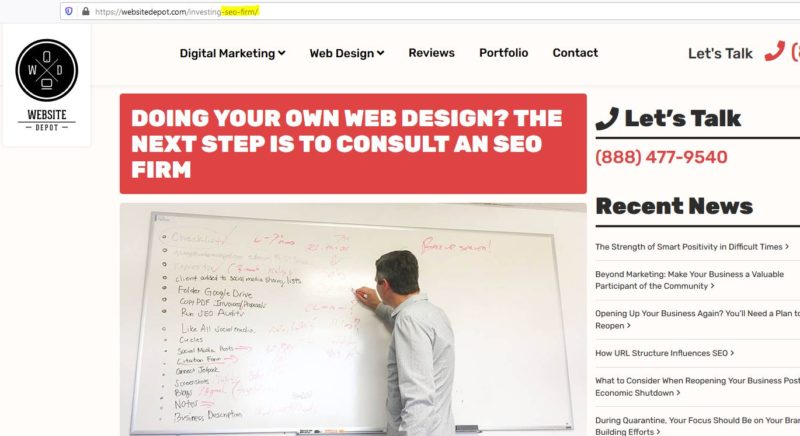
How URL Structure Influences SEO

An URL (Uniform Resource Locator) is the address of an internet resource. When you type in the address, you reach the web resource. An URL is extremely important because it links the user and your content. A number of issues related to URLs can affect your ranking.
Issues that affect the ranking
Firstly, going by the opinion of SEO experts, you need to make sure your URLs are valid. For instance, hyphens and underscores are treated differently although they look similar. Google suggests avoiding underscores in URLs as they can cause issues.
Use keywords in your URL
It’s a good idea to do some keyword research before writing your URLs. Not using keywords at all is a bad idea but using them too much can be a problem as well. It’s more important to have target keywords in title tags and content than in your URL but having them in your URL does offer certain benefits. Engage a good SEO agency in Los Angeles to assist you in keyword research and produce optimized content.
Just looking at the URL helps users to know what it’s about. Secondly, if you do link building to your page without using keyword-rich anchor texts, the URL acts as the anchor text so having keywords there is a good idea.

Keep URLs short
URL length isn’t an official ranking factor. However, popular opinion is that shorter URLs rank better, so you should keep them short and to the point. You can simplify them by eliminating less descriptive words called “stop words.”
Keep URLs unique
Google likes mapping content to a single URL so it must be unique. If you have the same content on different URLs, Google doesn’t like it.
Use 301 redirects
In the eyes of Google, URLs are static and once it is indexed, it is done. To make Google understand that pages have just changed location, you need to use 301 redirects. Otherwise, Google will de-rank a page and you will have to try and get it to rank all over again.
Use as few URL parameters as possible
Indexing too many pages or adding too many filters is bad practice. Limiting the parameters of a single URL to two or three is best.
The parameters you’re getting Google to index should have searches and these parameters need to be kept in order. Sometimes it isn’t so easy to set up proper navigation that will benefit SEO and user experience. It’s best to avoid parameters and complicated URLs for pages you want to rank well.
Think about click depth
The more users have to click to get where they want to go, the less likely they are to convert into sales. Google also considers click depth and the deeper the click depth to a page, the less important Google thinks it is. This is why you shouldn’t add too many deep pages.
The URL structure of your website holds great importance and it’s best to set it up right the first time, following best practices. Add target keywords, avoid keyword stuffing, think about the length and try to limit irrelevant URL parameters.
For more on this, call the best web development professionals LA and digital marketing experts, all under one roof at Website Depot, on (888) 477-9540.